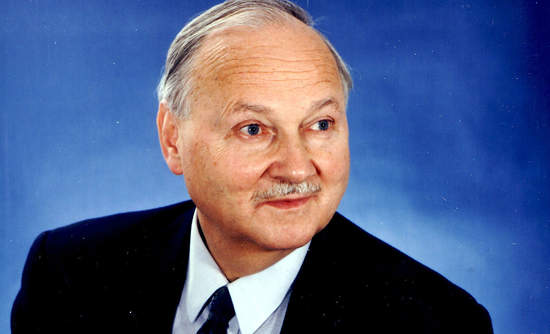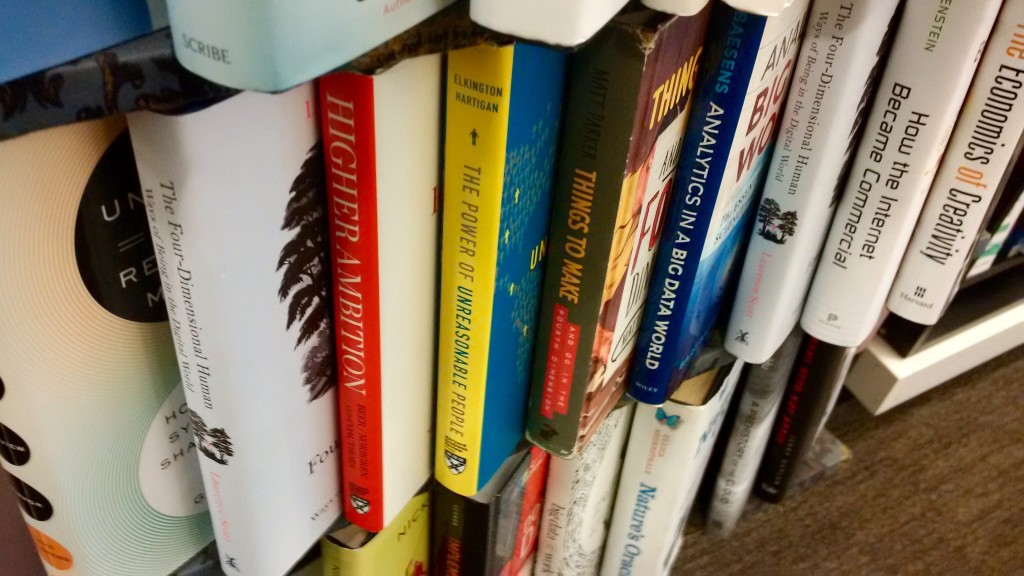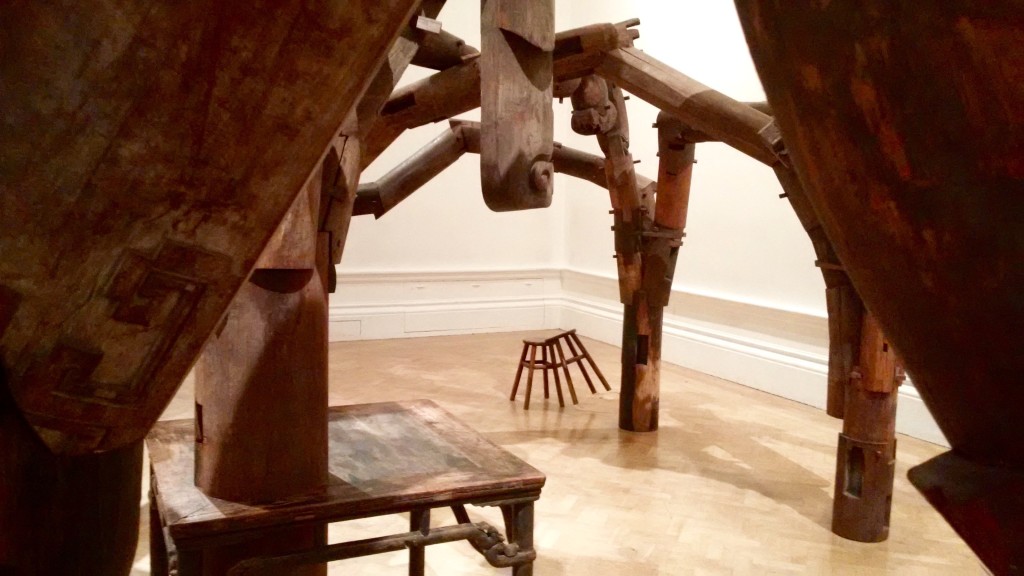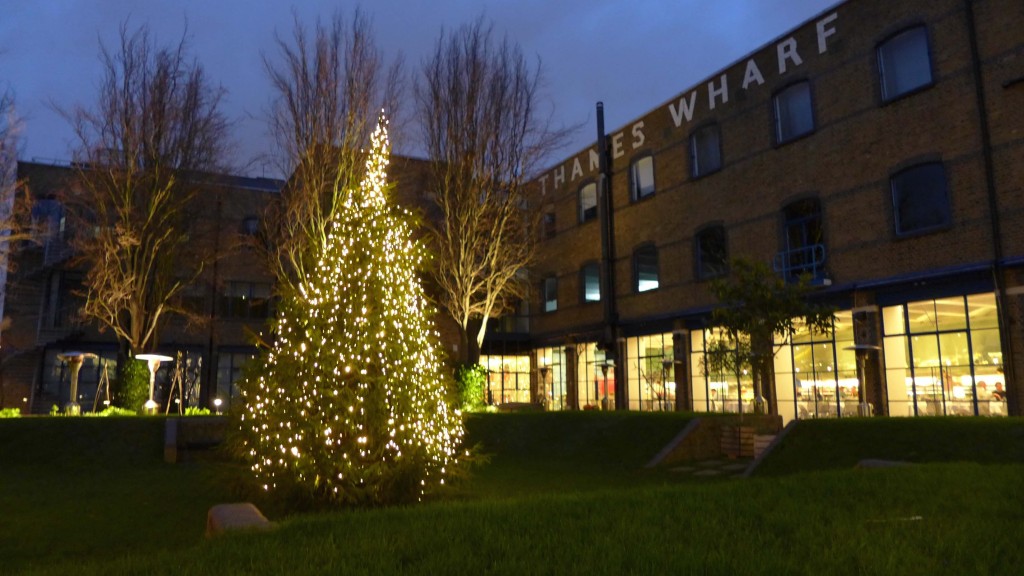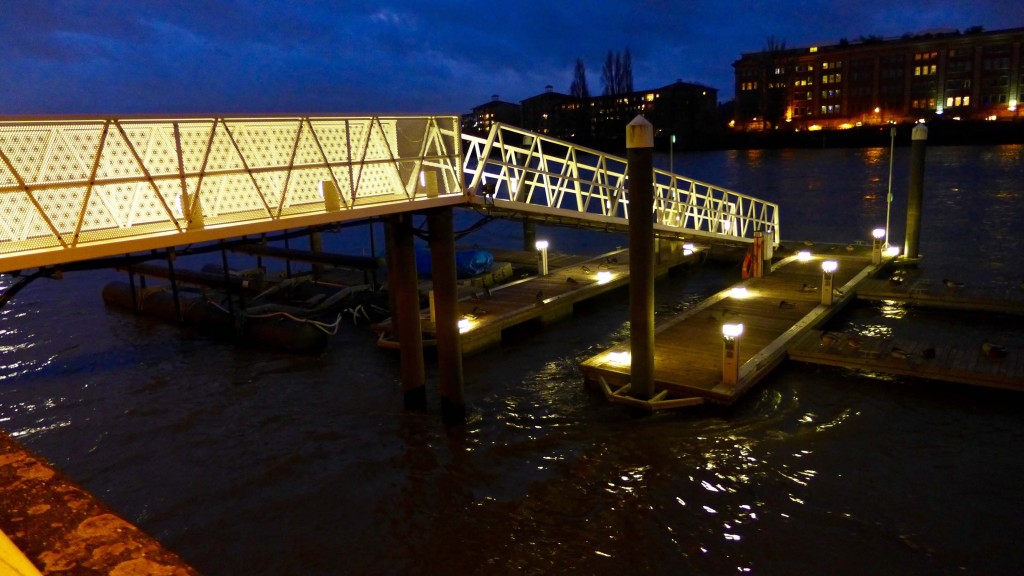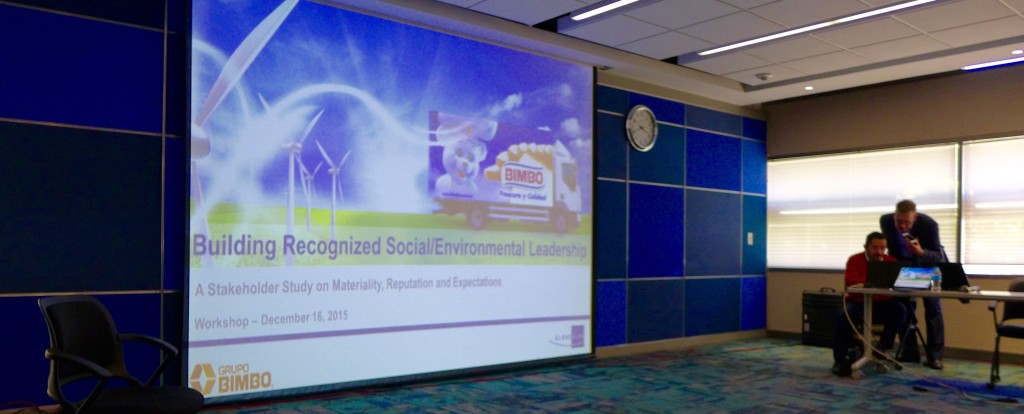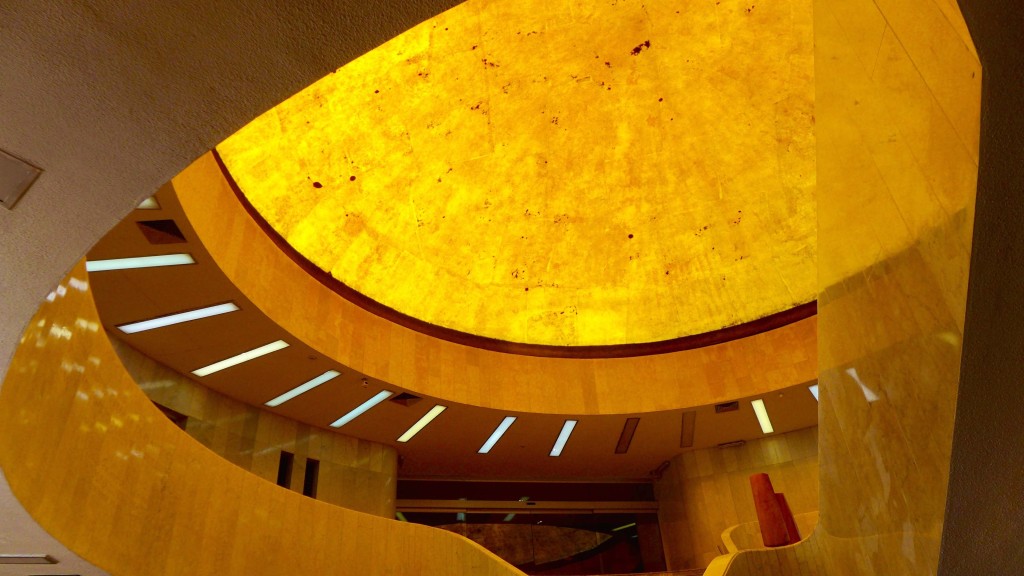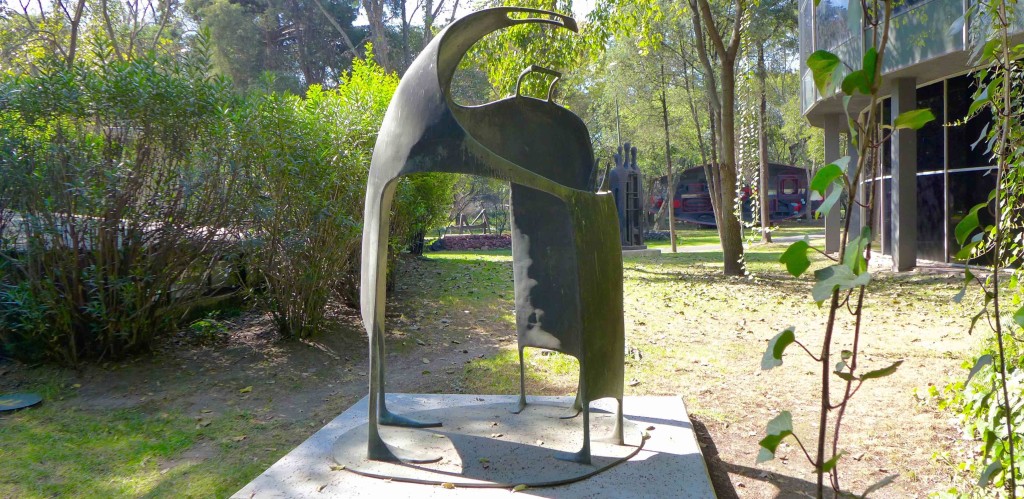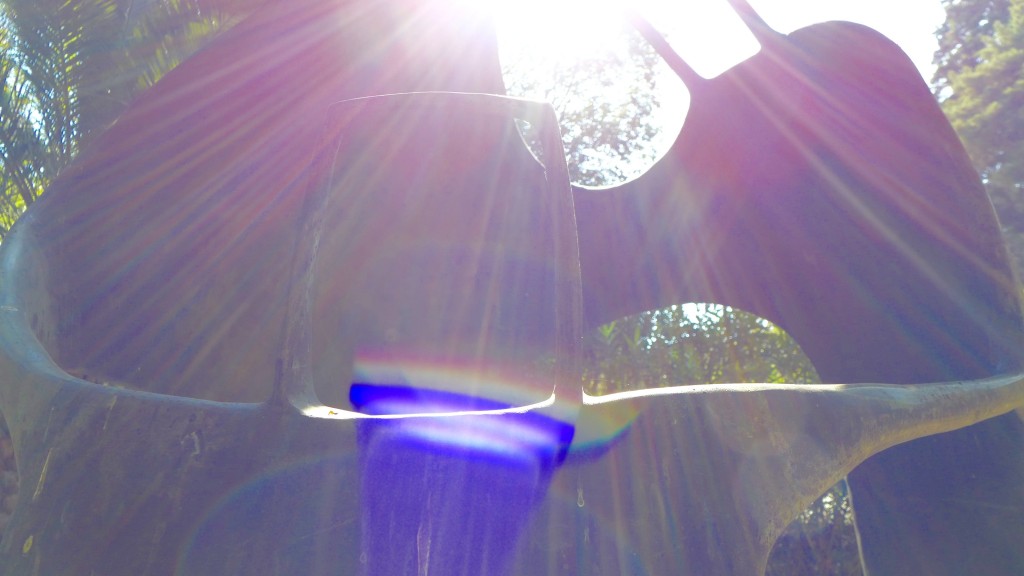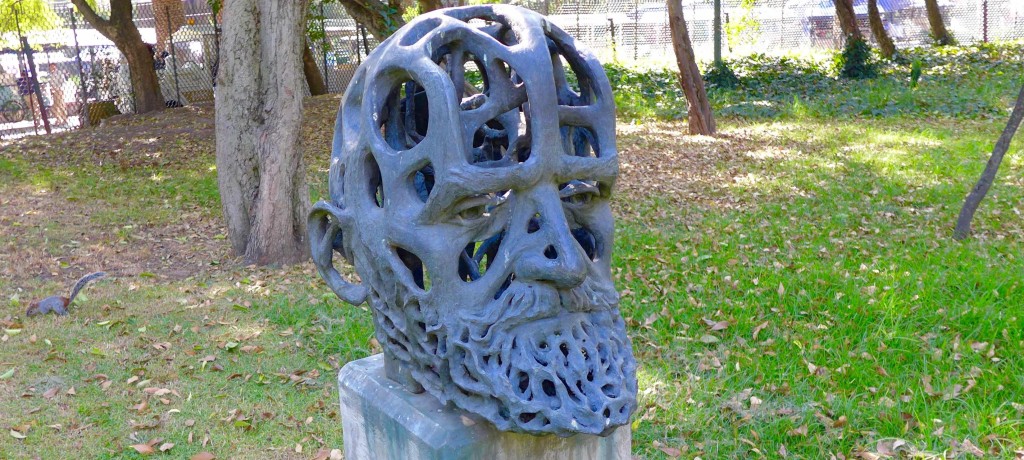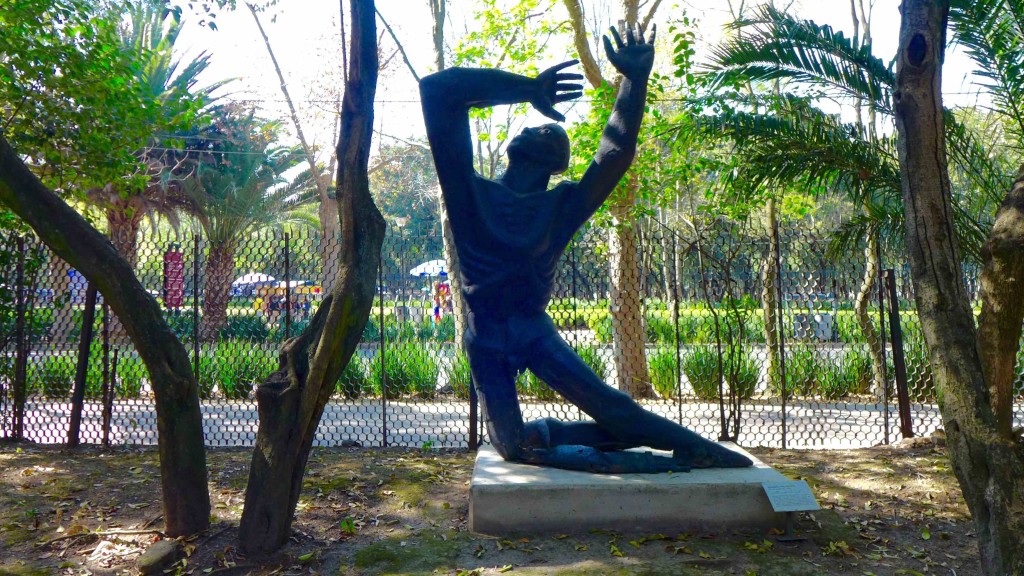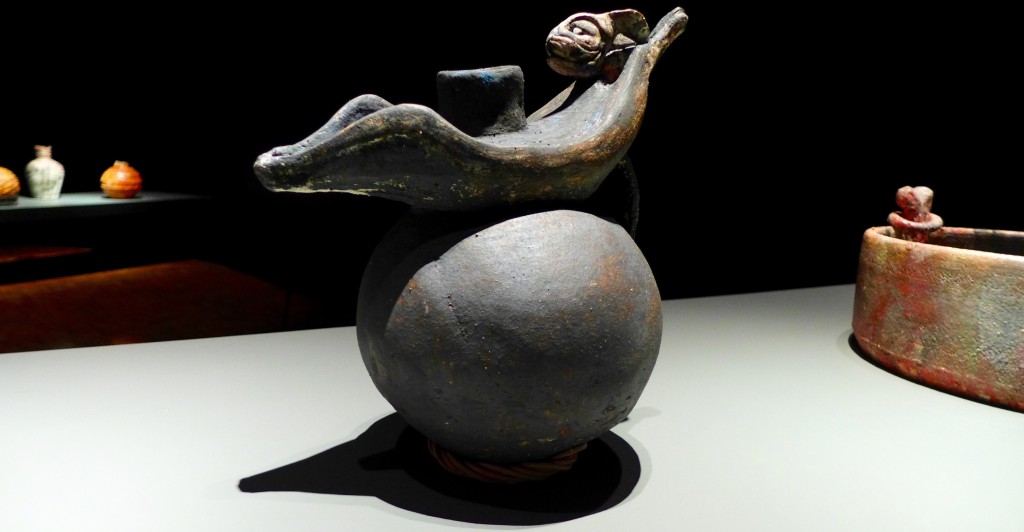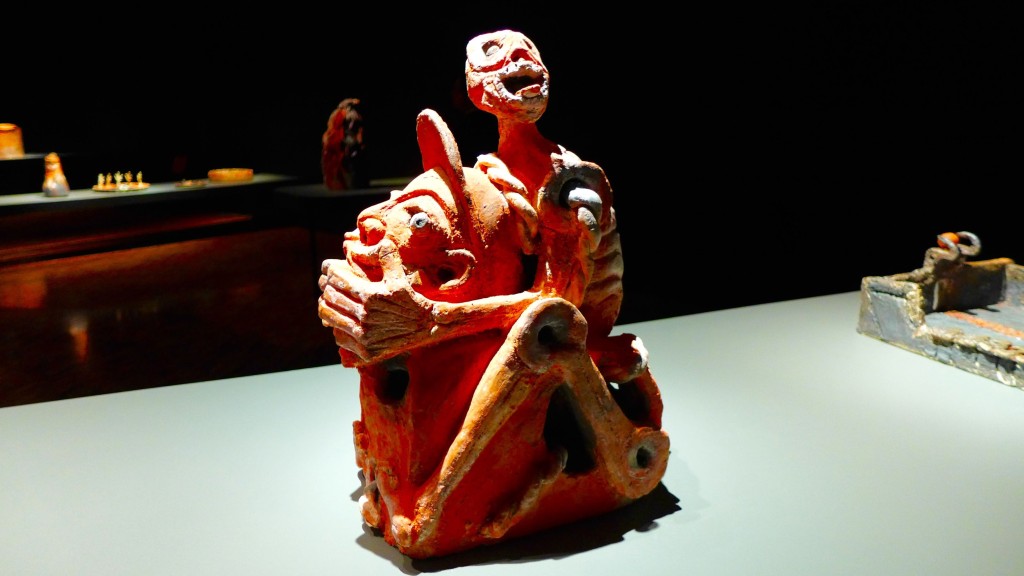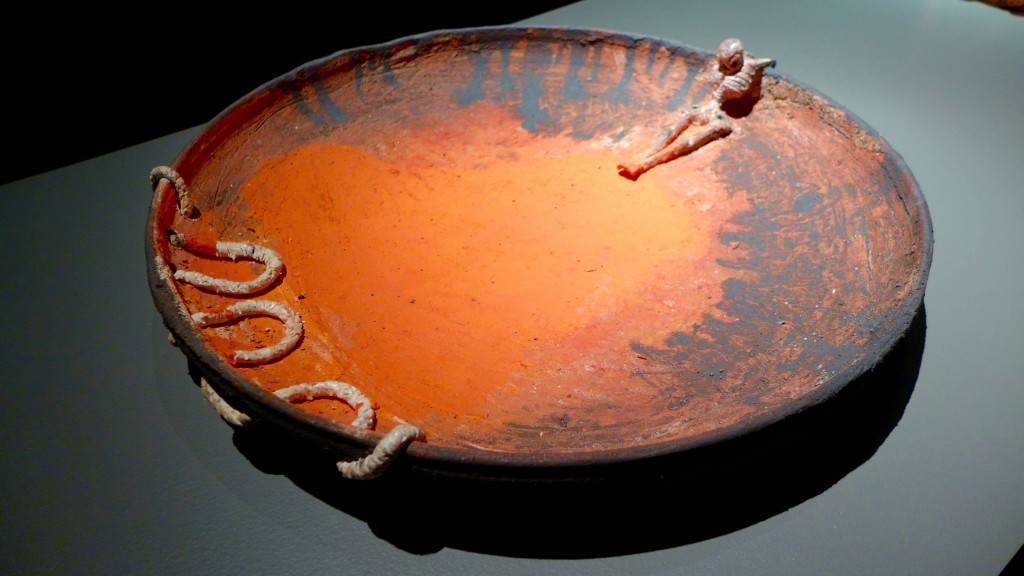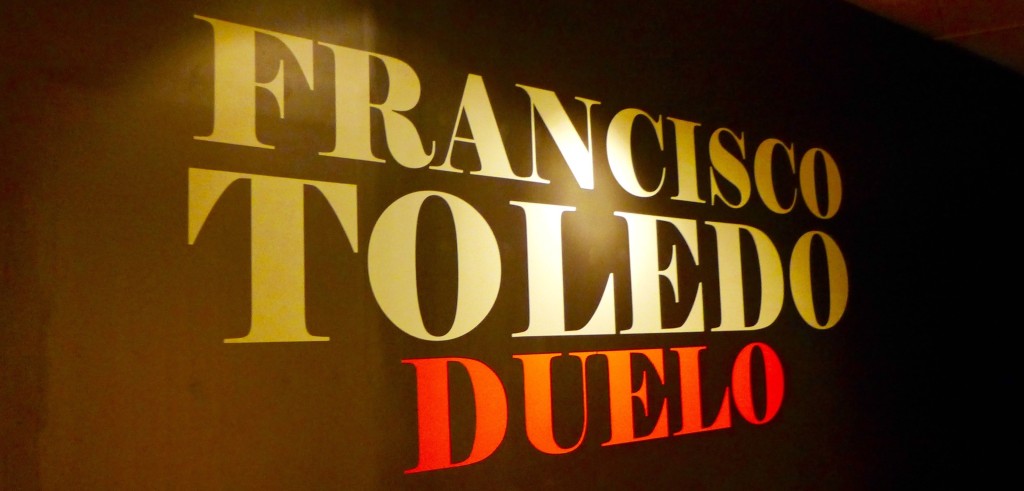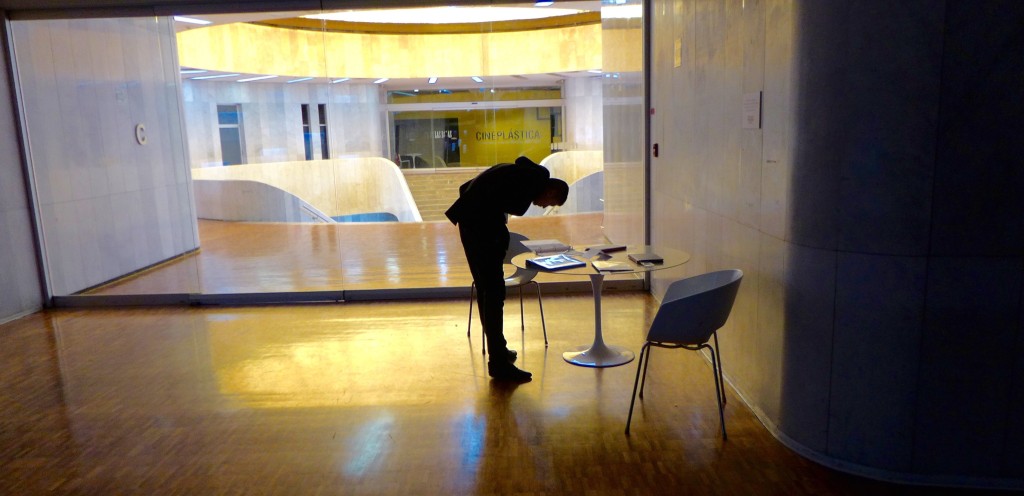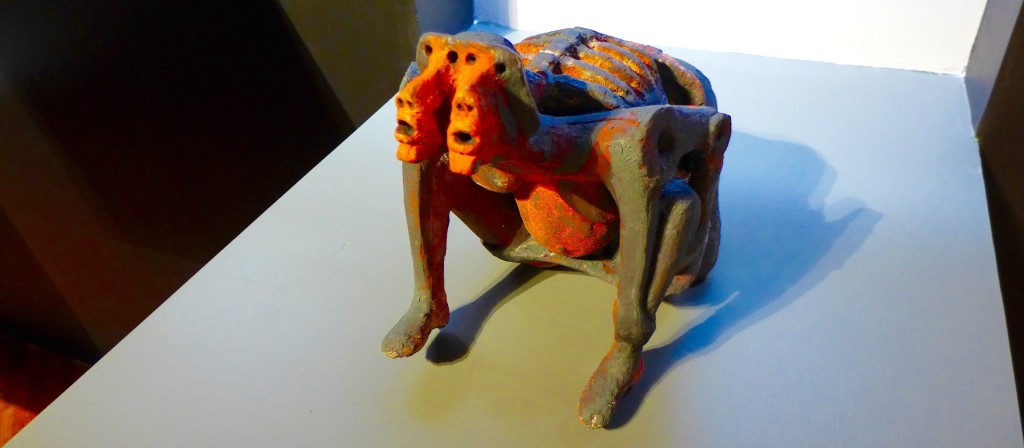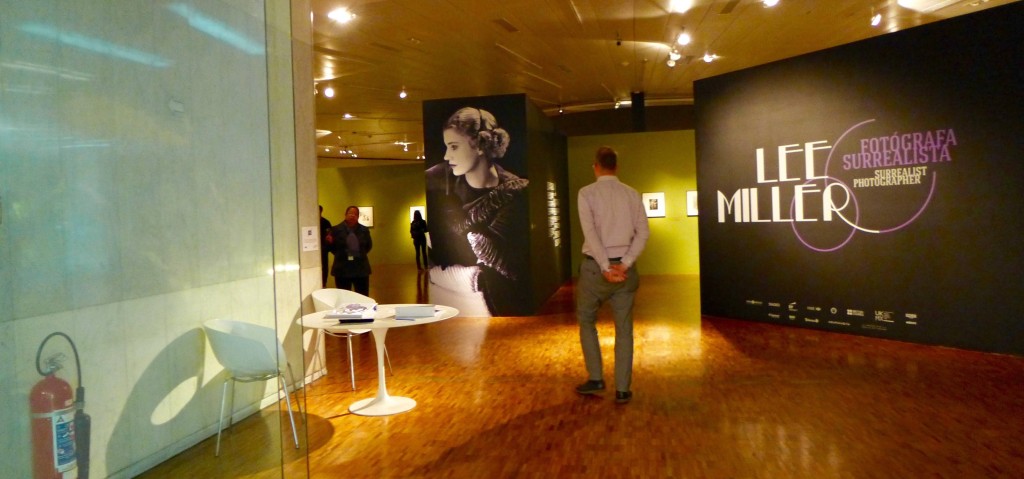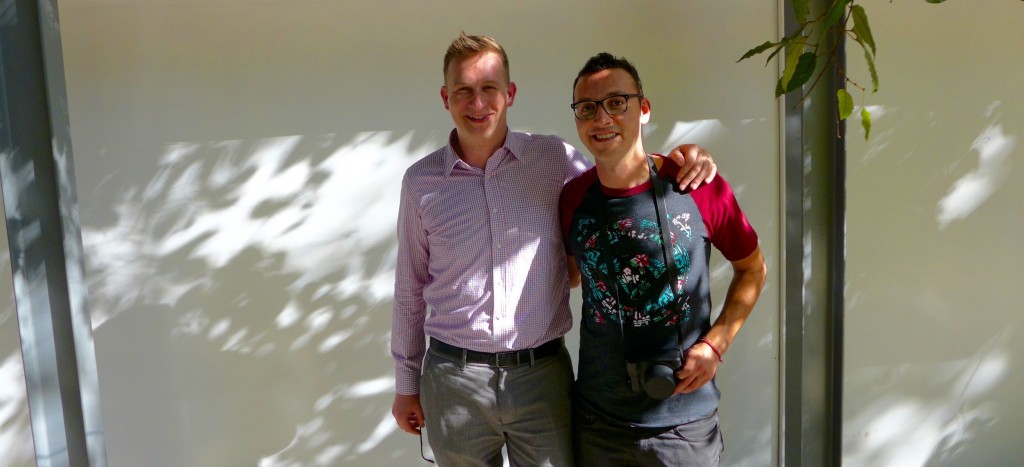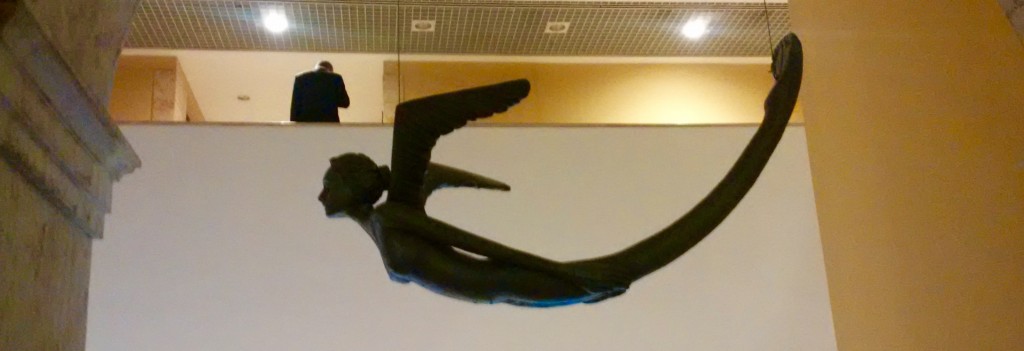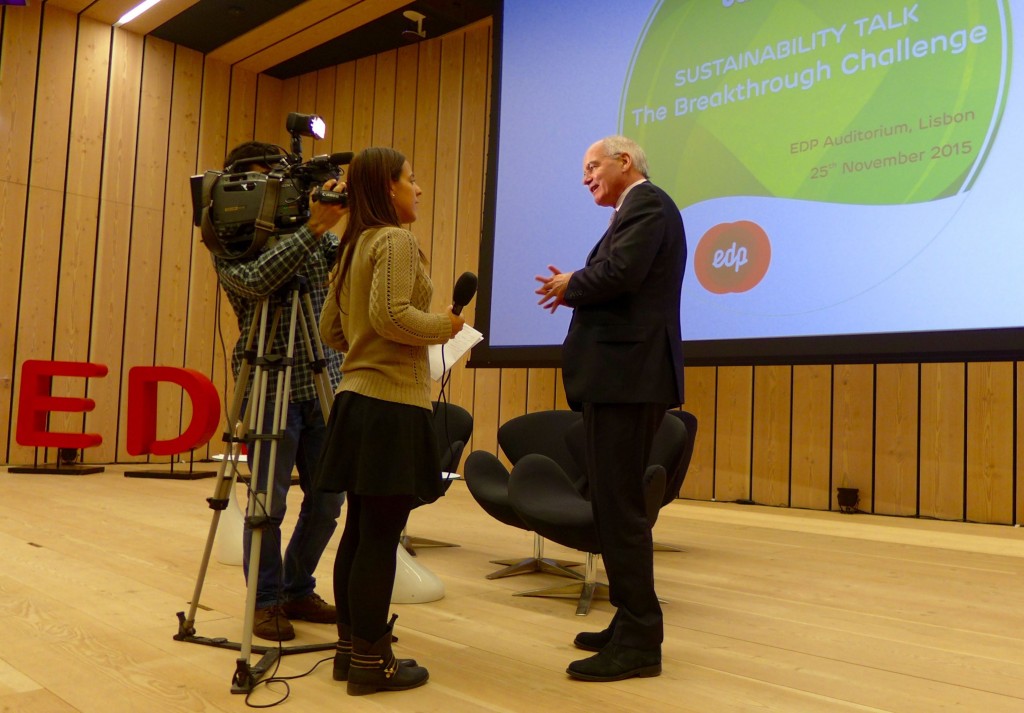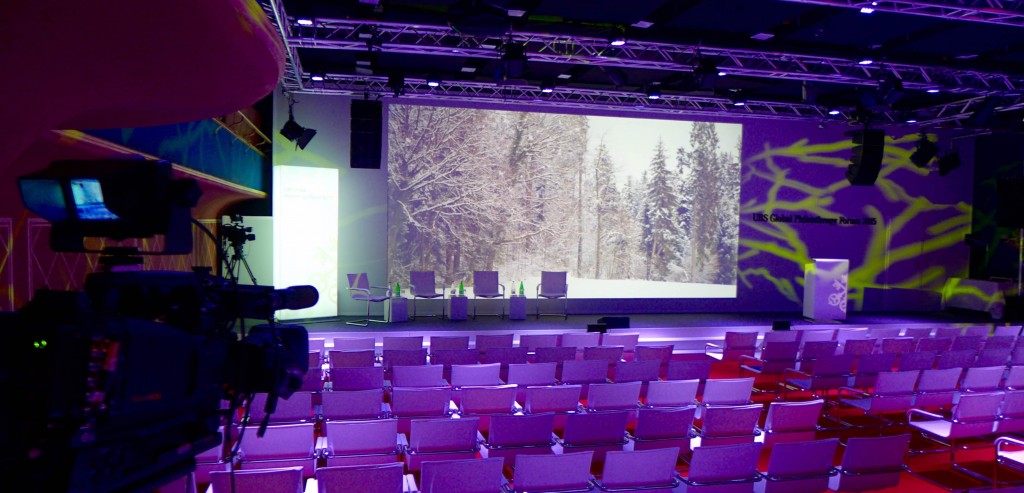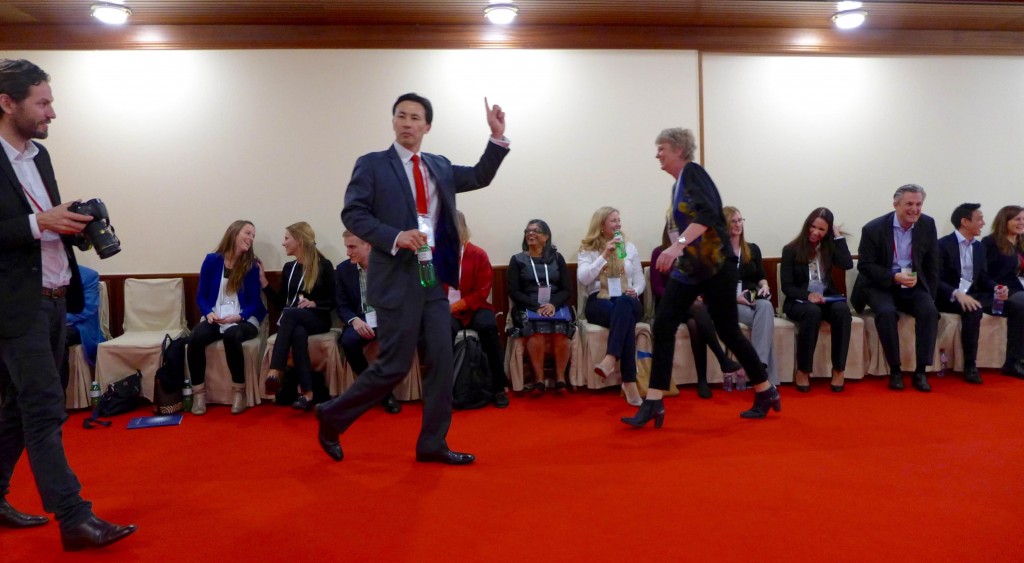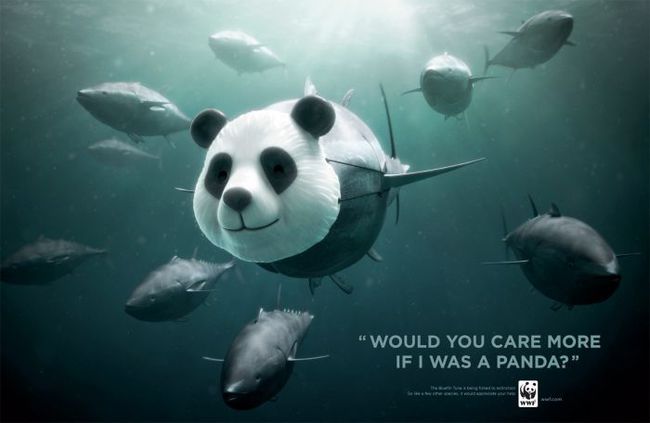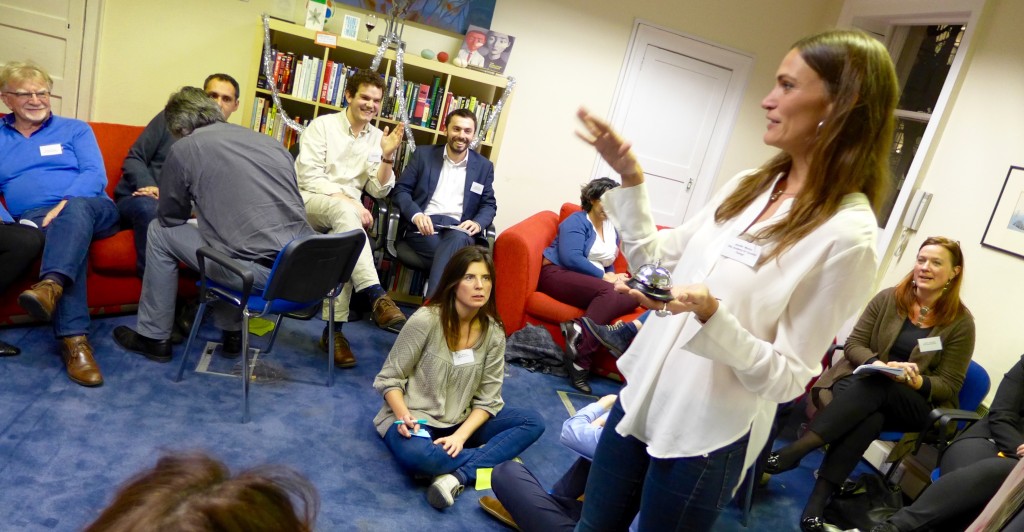

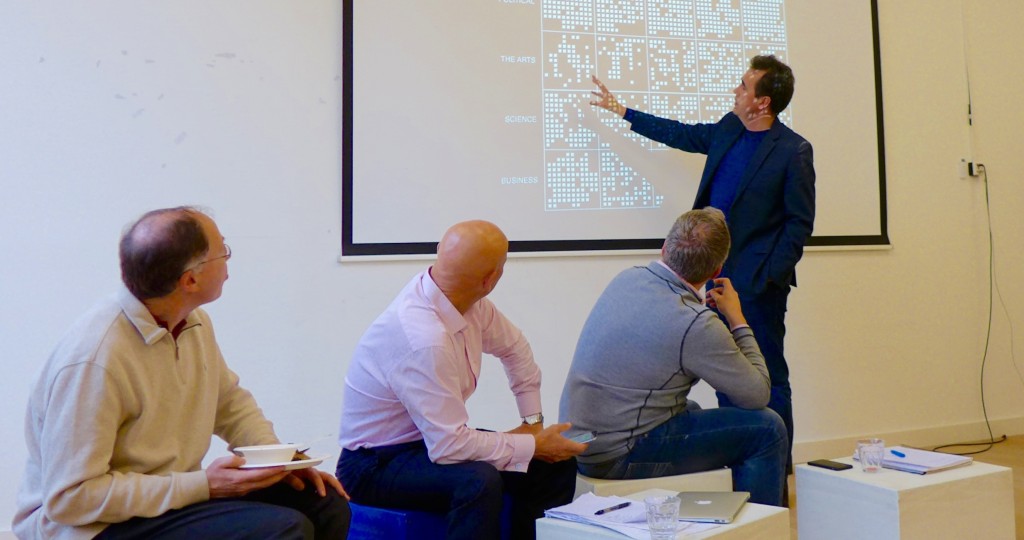
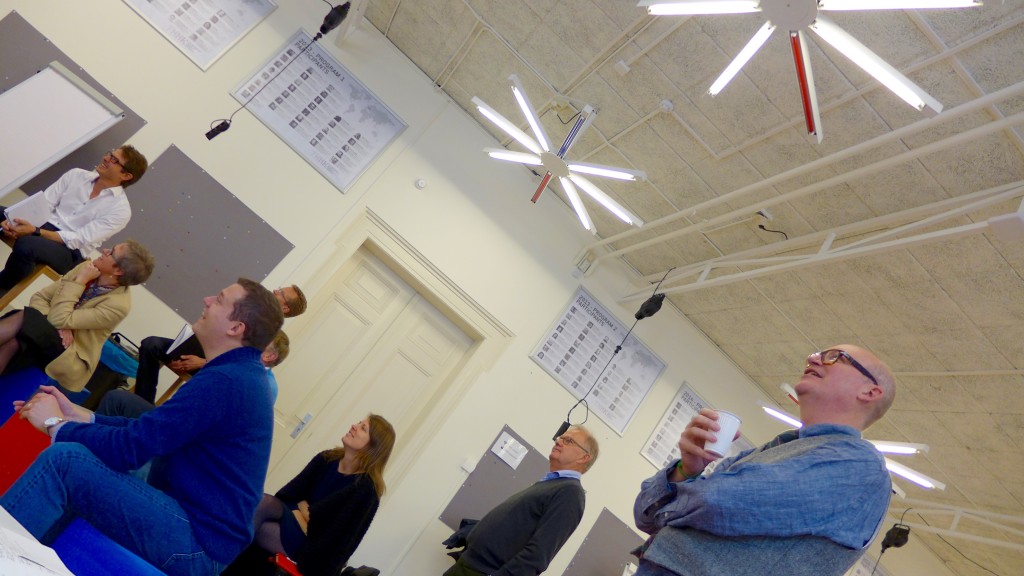
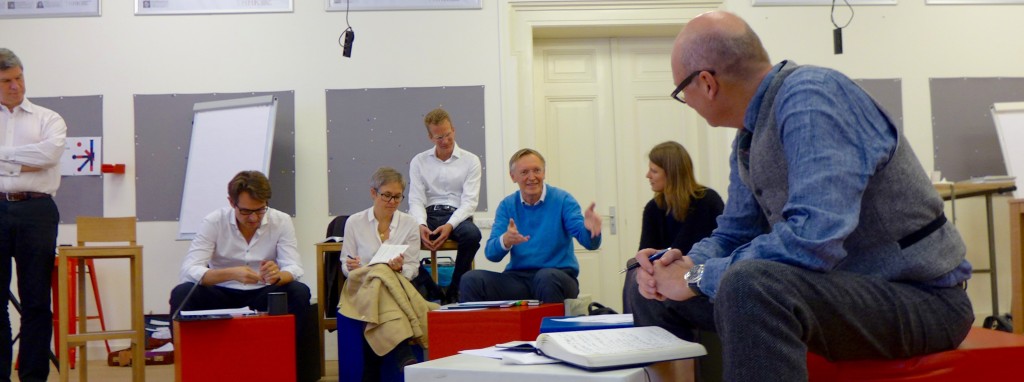
For reasons that will become clearer in 2016, the final couple of weeks of 2015 included a gathering tempo of system change sessions, with key ones in London (on 9 December, which Volans co-hosted with the Academy of Systemic Change) and Amsterdam (on 11 December, where I was part of embryonic conversations around a new system change platform).
More anon, but there’s a new spirit abroad, particularly in the wake of the apparently successful outcome of the COP21 climate summit, which several of the Amsterdam participants had taken part in. The Amsterdam session was hosted by the THNK School of Creative Leadership and Innovation, which I am really keen to get to know better.
Fascinating ride in from the airport early in the morning (had to get up around 04.20 to get there in time), with a driver in a white Tesla who looked like a university lecturer, or a taller version of Lester Brown, and who promptly have me (with no signal from me on what my interests were) a lecture on sustainability.
Among those he flagged as leading champions was Thomas Rau, who he had recently seen in a TV documentary. Once I revealed my colours, we had a very energetic discussion, and exchanged cards. Later in the day I sent a note to Thomas’s wife, Sabine, to say he seemed to be virtually ubiquitous.
I can’t remember which weird American book it was in which I read that as a major change approaches the number of apparent coincidences goes off the scale, though I think it was probably The Celestine Prophecy, but that’s what I’m experiencing at the moment.


